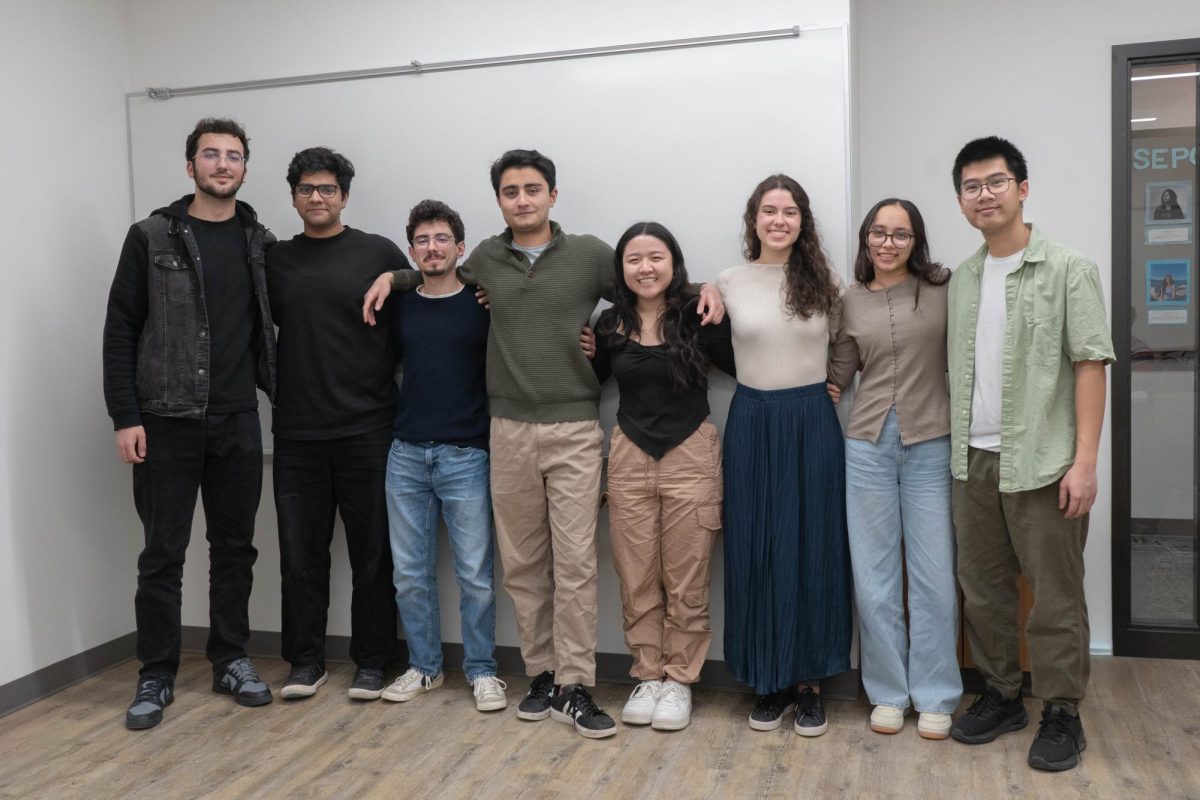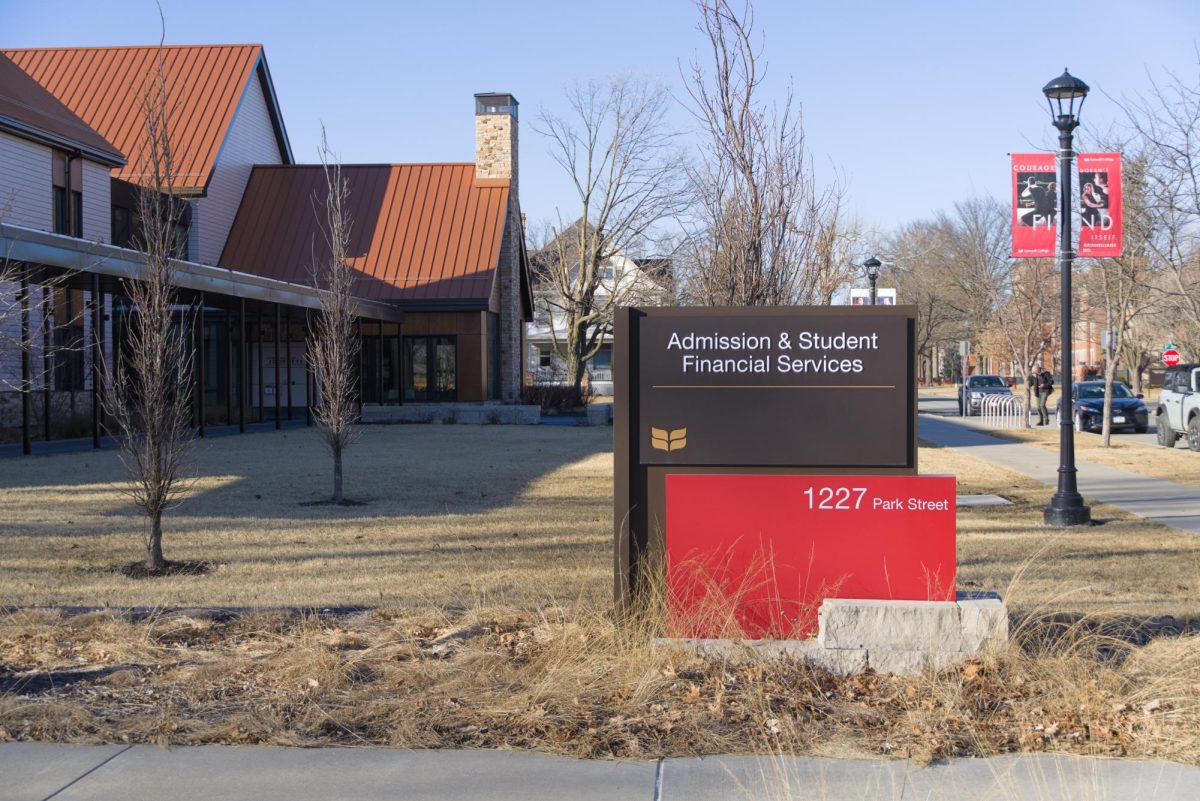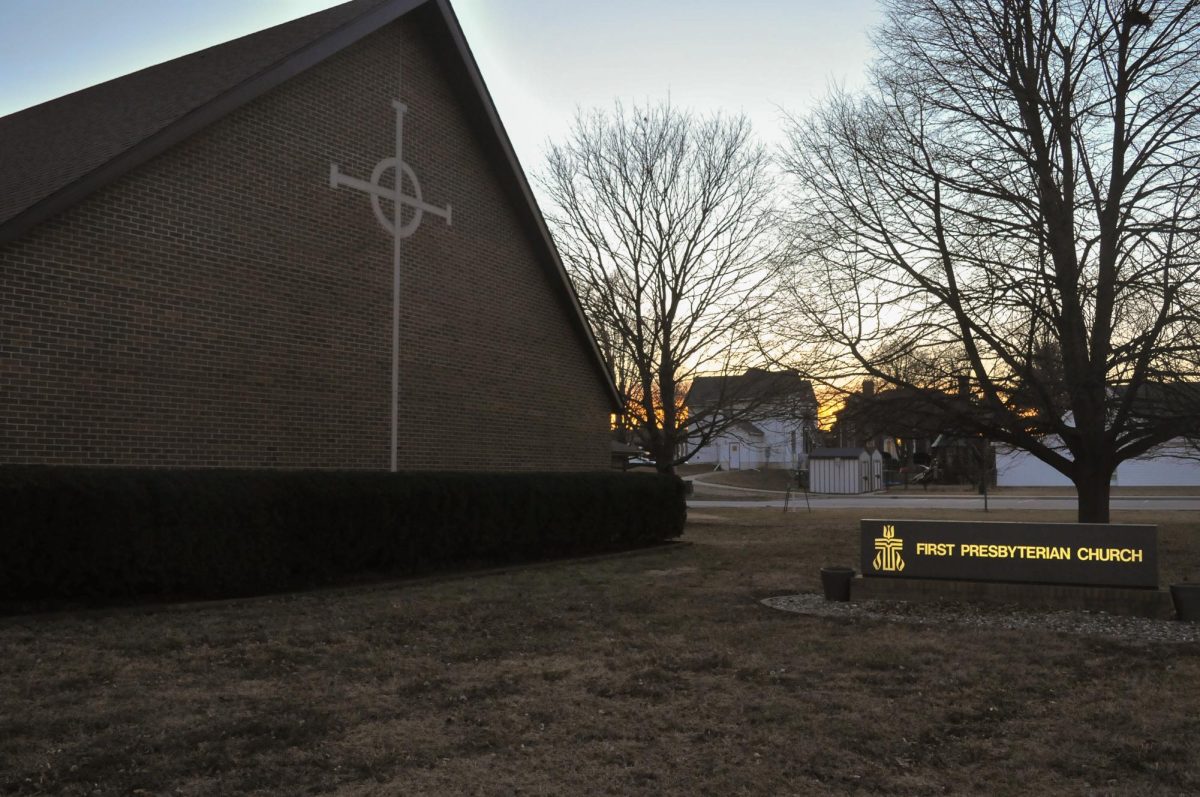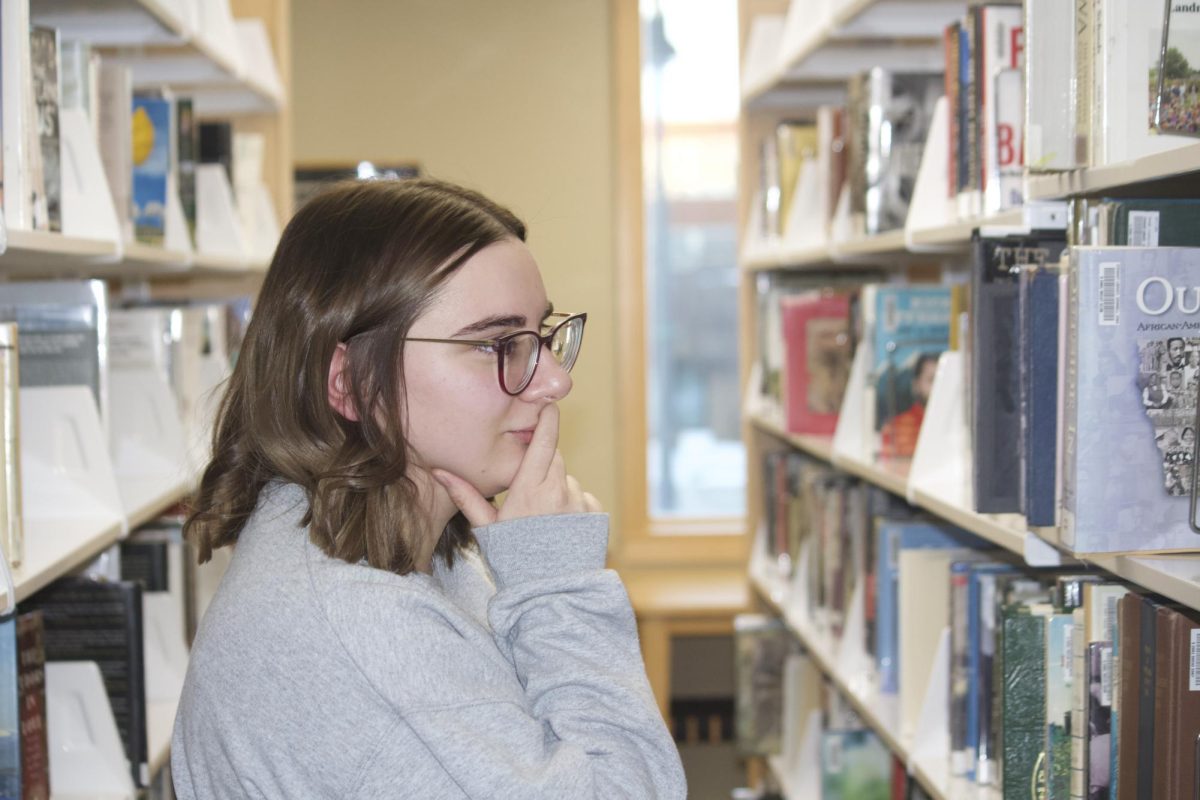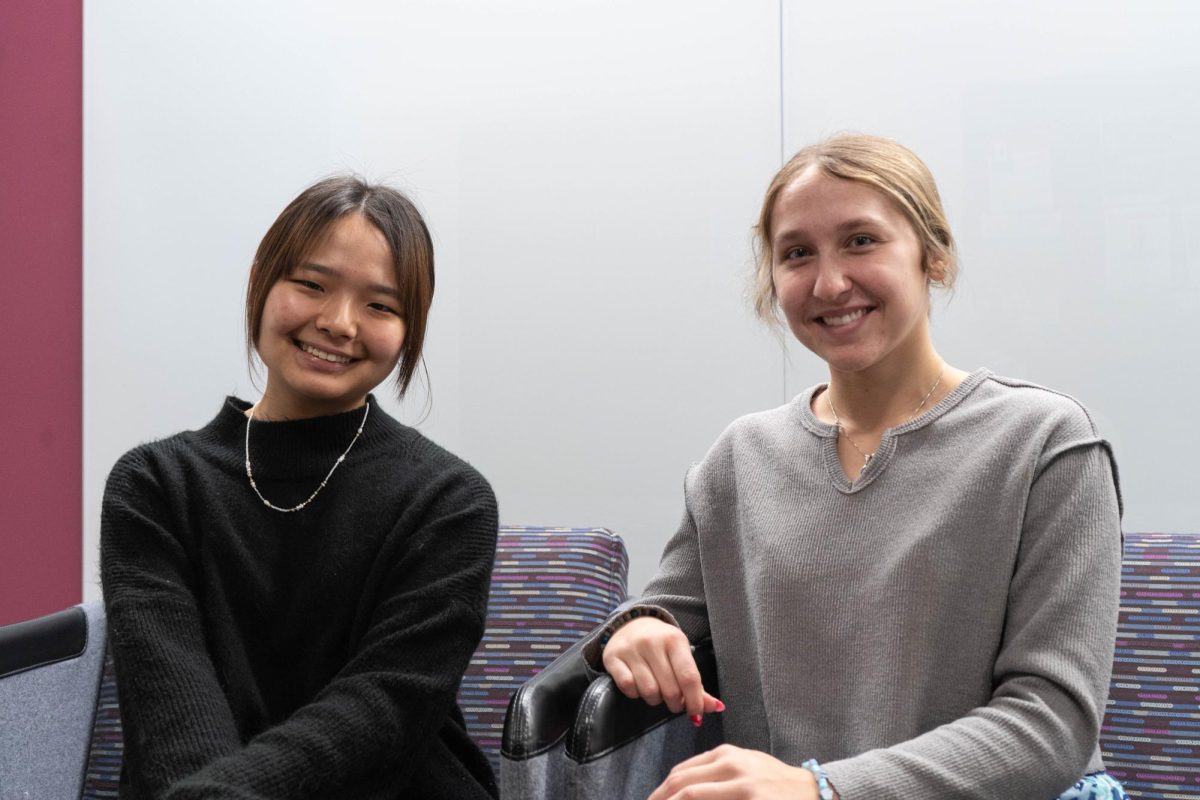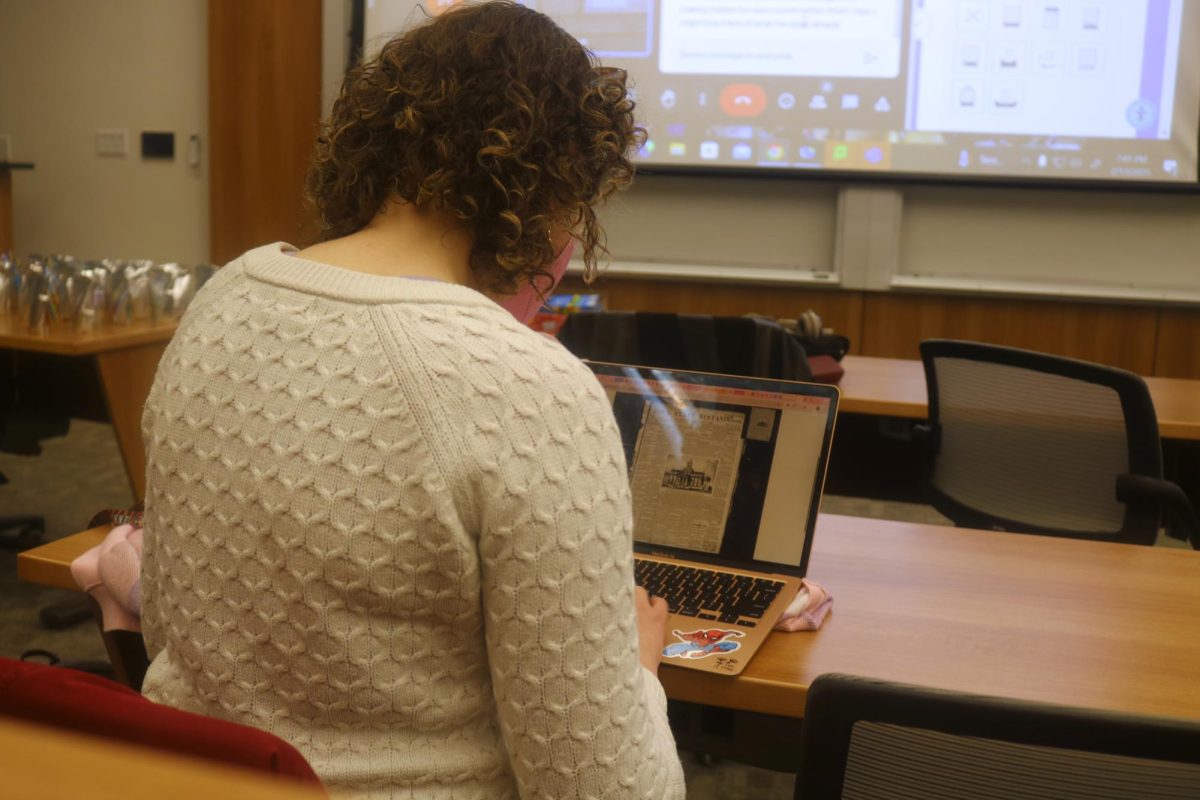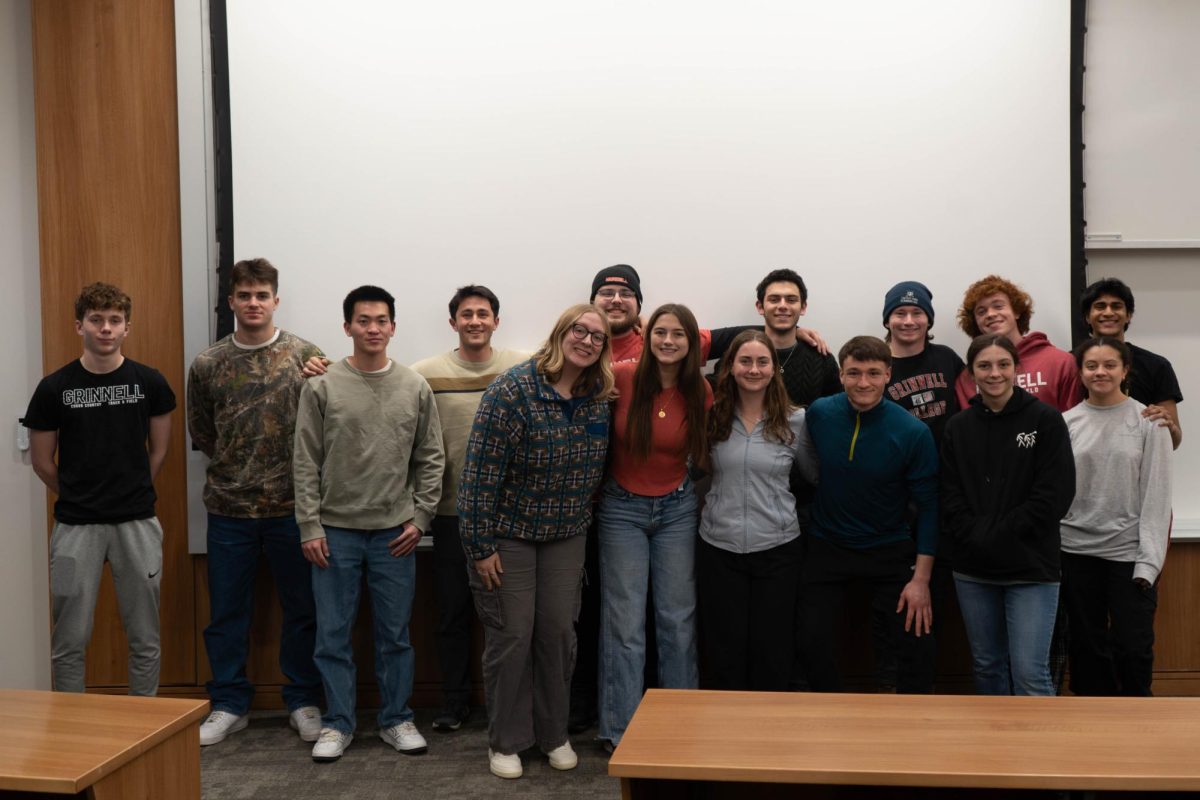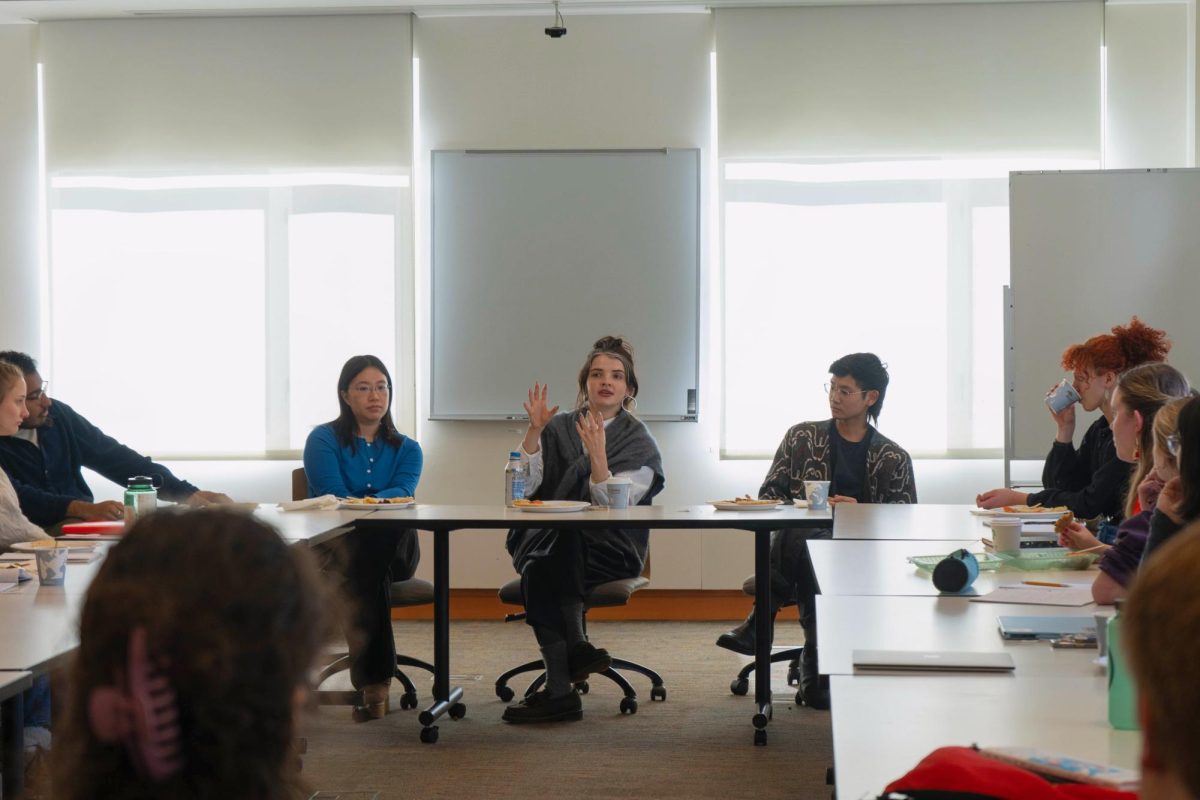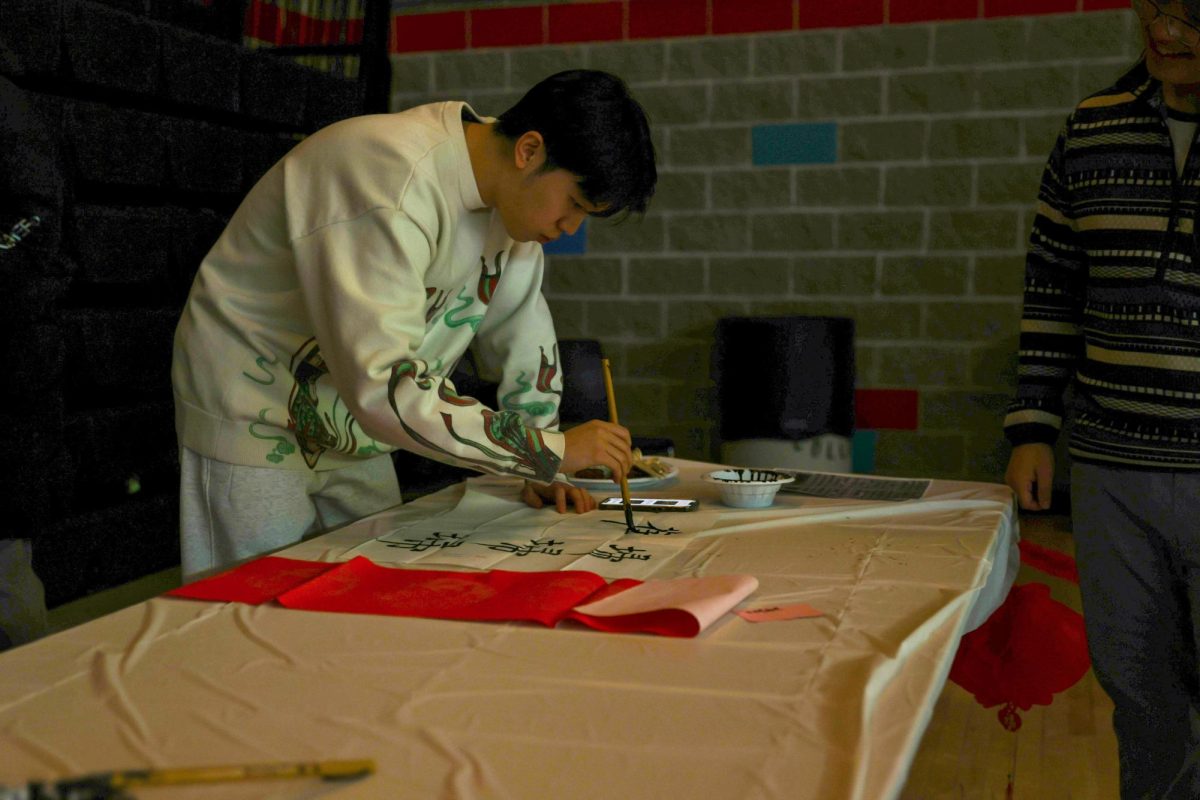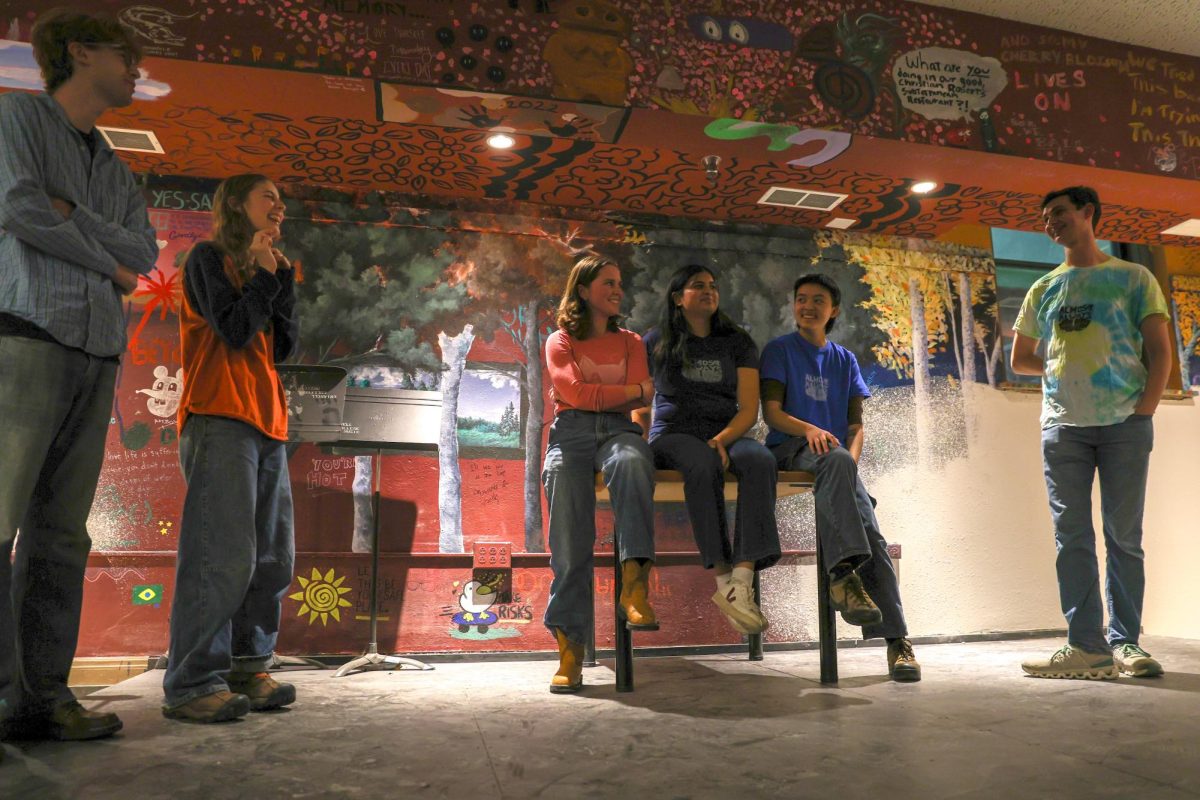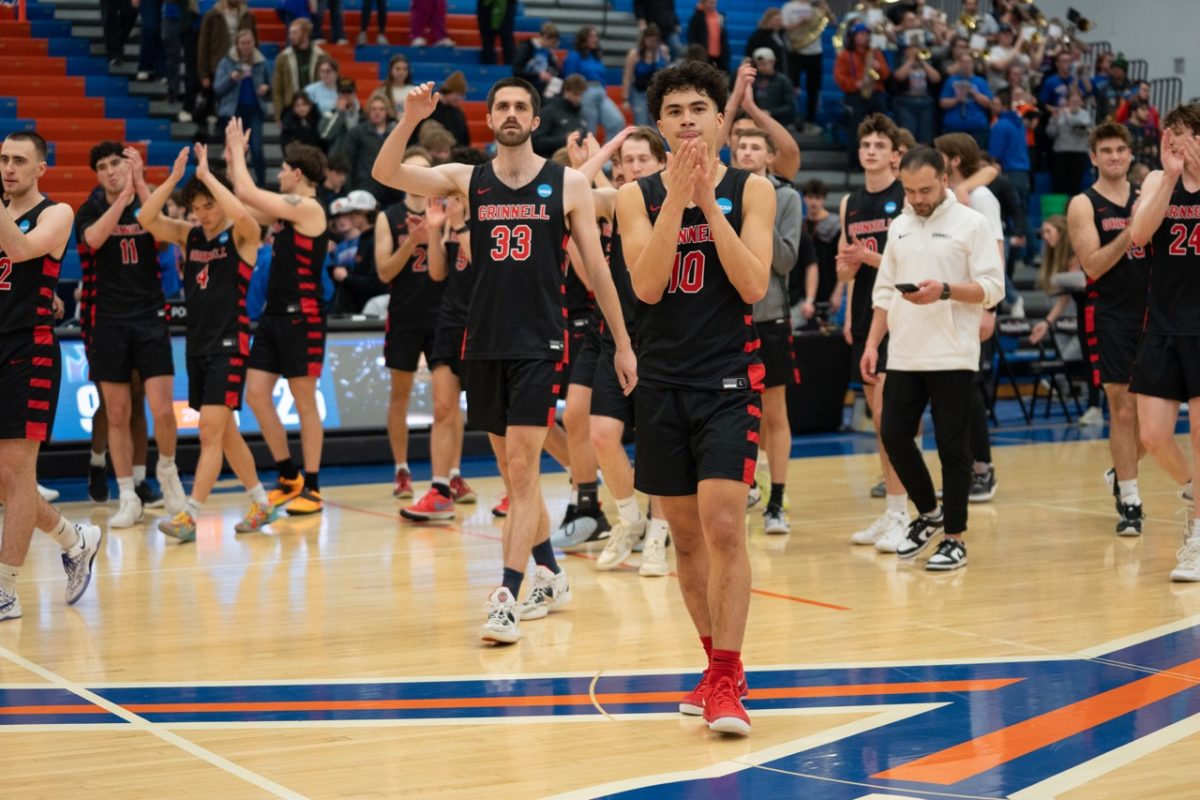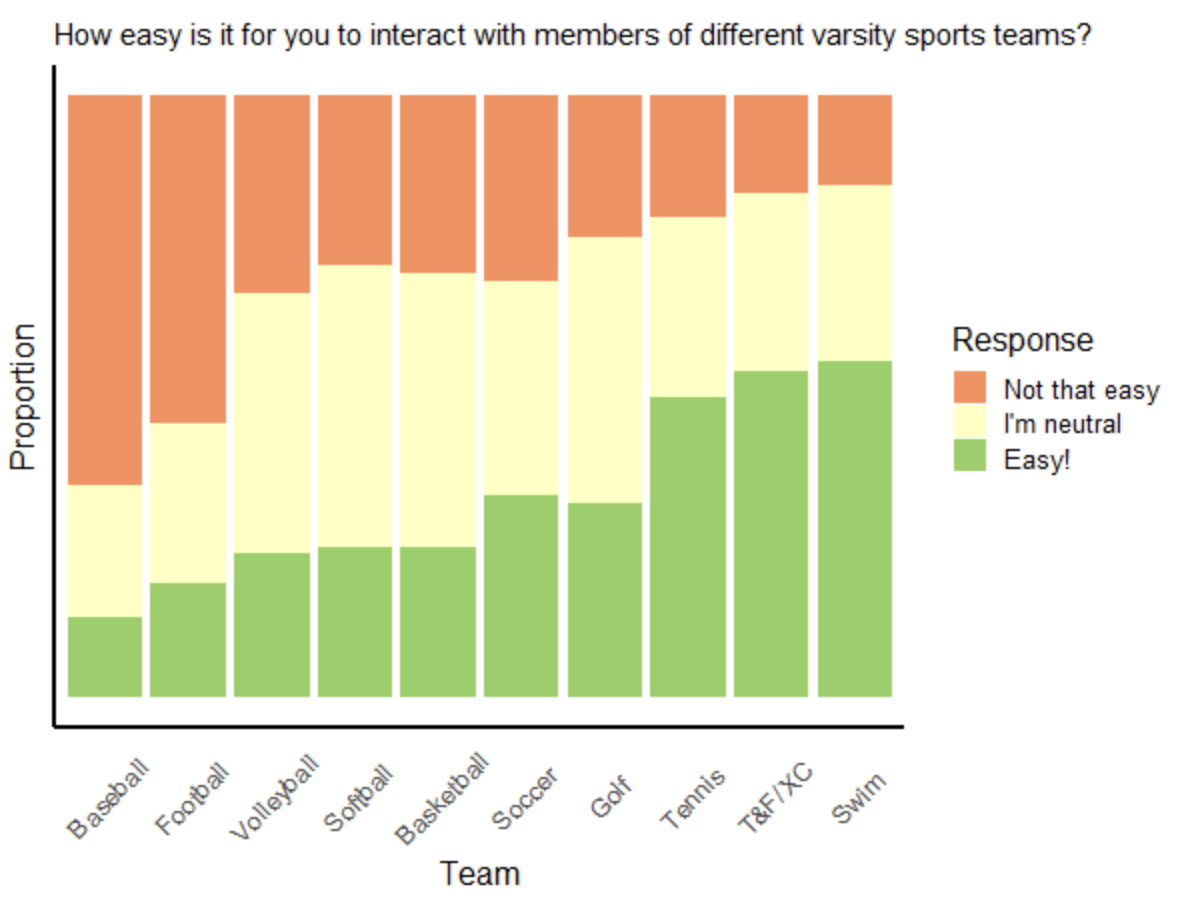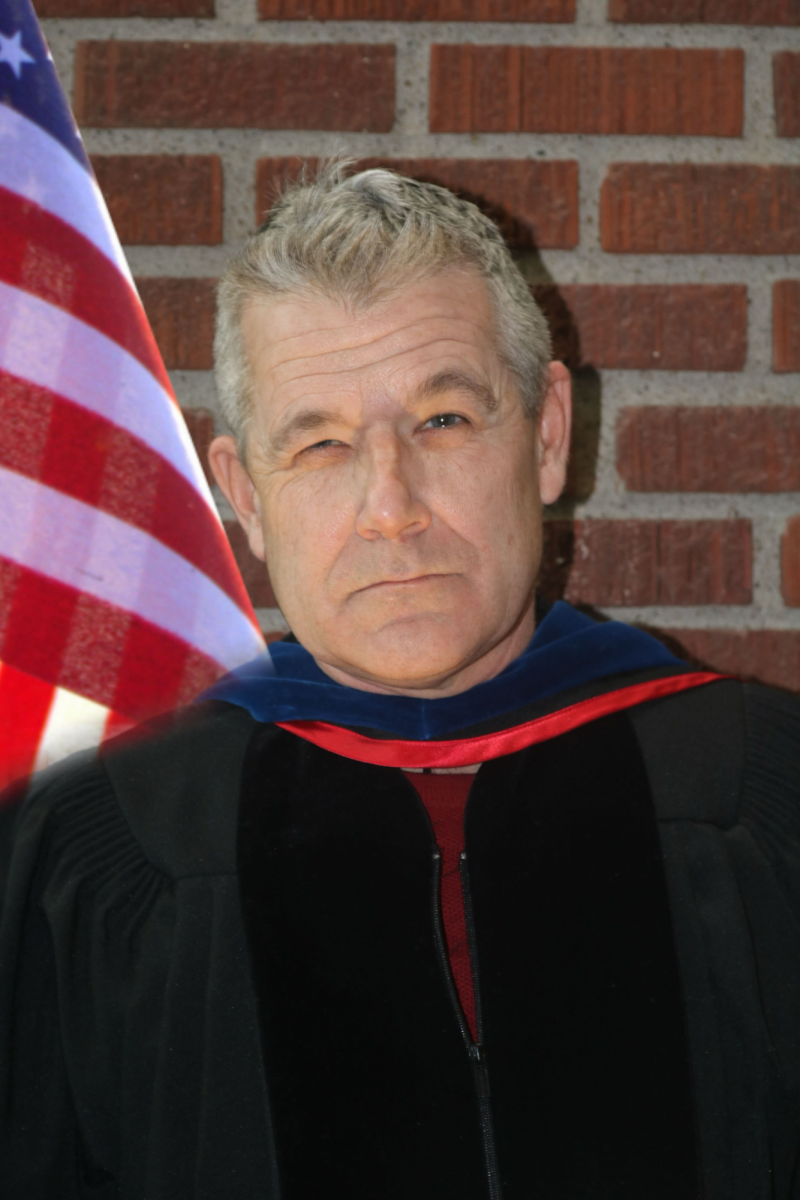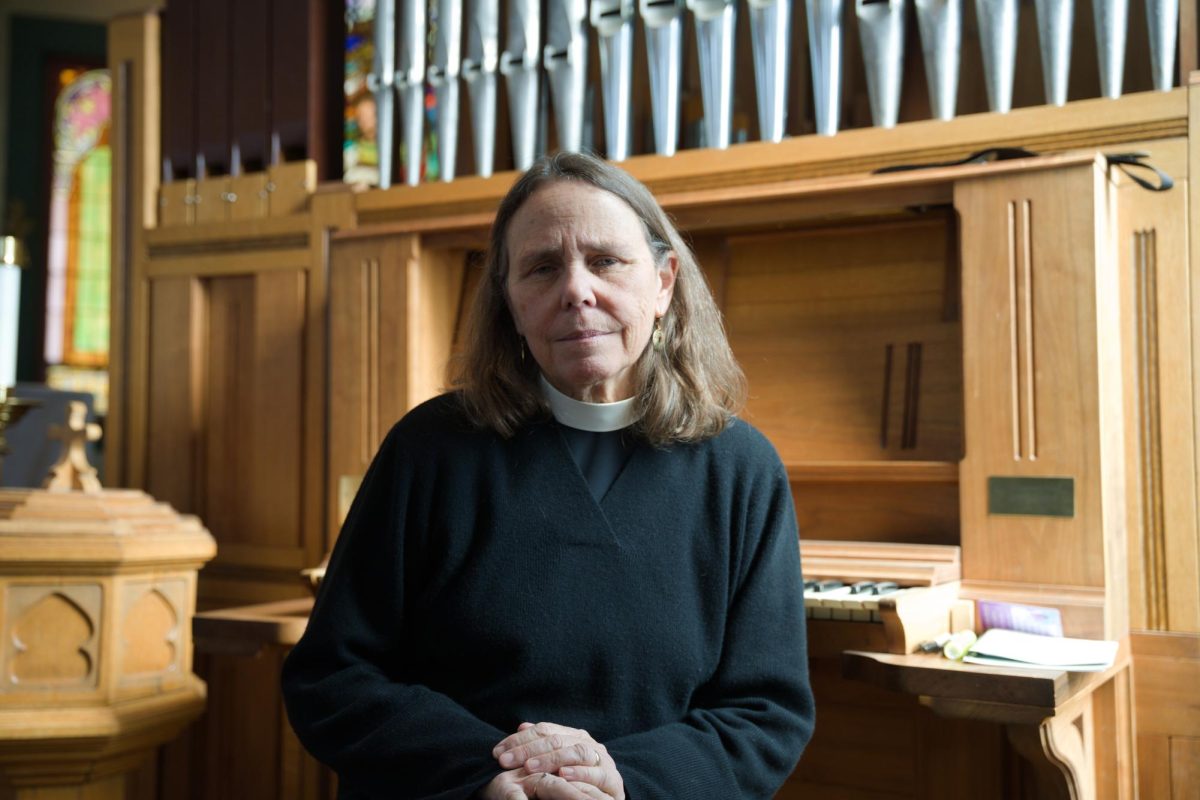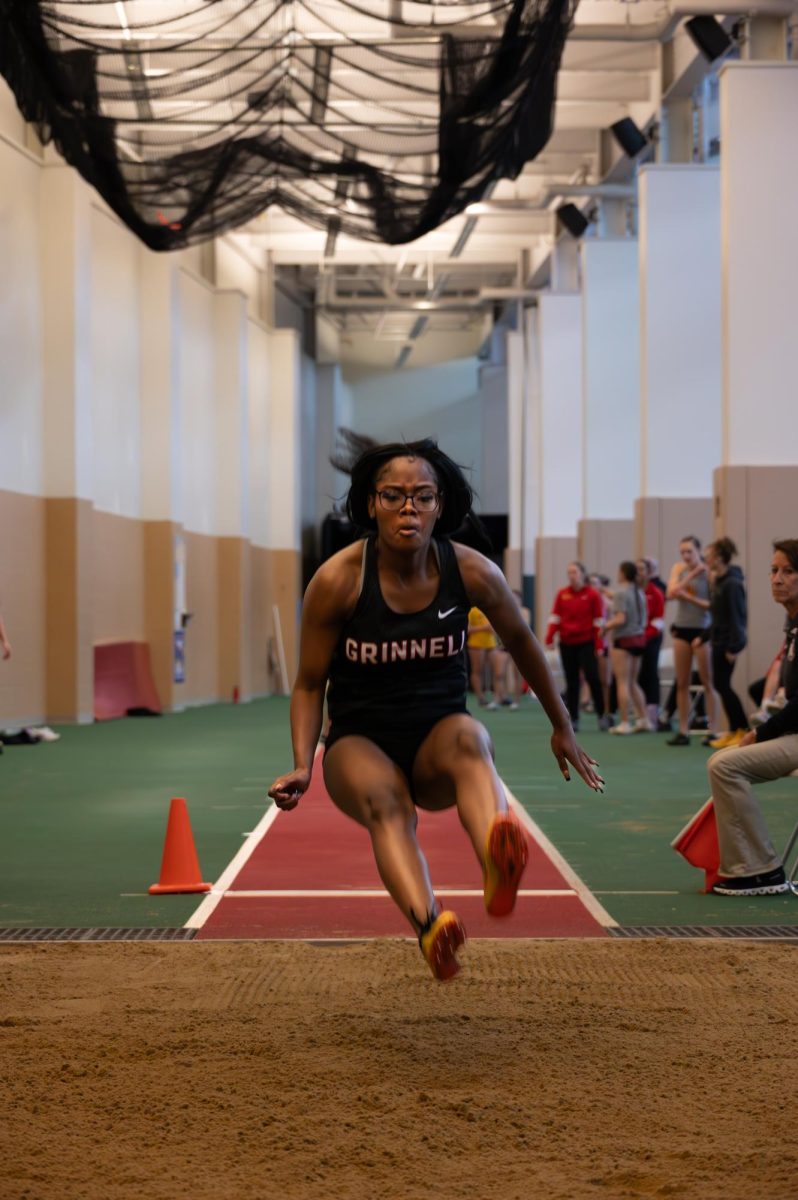Grinnell College’s German department is transitioning to becoming the department of German studies, reflecting a more visible and explicit move towards a strongly interdisciplinary study of German-speaking areas and culture in addition to the language.
“[German studies] is not just looking at literary objects but also film and architecture, kind of a cultural studies approach, and looking at the intersections of German culture with German politics and society. … Instead of being a chronologically oriented review of the canon, it’s really meant to be a theme-based inquiry that brings literary works into conversation with visual arts and political movements, philosophical developments, et cetera,” said Dan Reynolds, professor of German studies.
The change also demonstrates a purposeful, oppositional move away from the academic German canon dominated by white and male academics and that prioritizes Germany as the one and only nation-state involving the German language and speakers.
“German studies is trying to counter some of the arguments about the field that are made in Germany under the term of Germanistik, which is more traditional literary canon genre … these sort of, frankly, male members of the publishing and literary establishment who directed a lot of conversations about what traditions meant and what meaningful literary production and cultural production was about. And so the shift away from that is saying we’re rejecting universal claims, we’re rejecting a canon, we want to look at the social, the cultural, the political and economic developments in all of the German speaking countries,” said Associate Professor Vance Byrd, German studies.
Prior to the change, the major had two tracks: literary or cultural studies. The department hopes its changes will shed light on the inherent overlap of multiple academic areas within German studies. Course offerings now demonstrate an overall theme-based inquiry, with opportunities to explore and research more in-depth the areas of study most relevant and interesting to each individual student. Courses in German studies overlap with disciplines including but by no means limited to history, philosophy, sociology, film and visual arts, art history, Jewish Studies, museum studies and gender and sexuality studies.
“The courses that we’re giving, the research that we’re conducting is always somehow part of these larger conversations that aren’t really bound to just language instruction or just literature,” Byrd said.
The departmental change is due in part to an internal review, which occurs in each department at Grinnell College every 10 years. During the review process, faculty members conduct a self-study, and external faculty members from other colleges write a report to advise the department on ideas and potential changes. The most recent review for the German studies department began about two years ago, with the largest takeaway being a move away from older or somewhat outdated classes.
“It still looked very much like a stodgy, old chronological review of the German canon. Even though that wasn’t what we were doing, there were still vestiges of that from an earlier day, and with this new curriculum, we’ve really tried to get rid of the last vestiges of that kind of approach,” Reynolds said.
Some of the new courses involve topics such as graphic novels, the environment, criminals and conmen, global queer history and race, gender and sexuality in modern Germany. Many of the classes are taught in English and are open to students of all majors. “This is all part of German studies and wanting to say we’re not so sure about the nation-state, we’re acknowledging that people are always moving, that people don’t have equal resources, but people have a variety of modes of expression, and that we’re resisting a highly hierarchical, kind of canonical thing. … It’s raising of awareness and saying that postcolonial, transnational, global, different perspectives like black German studies, Asian German studies, all of these things are part of who we are, and it reflects our scholarship, our training, our teaching, but importantly, student interests,” said Byrd.
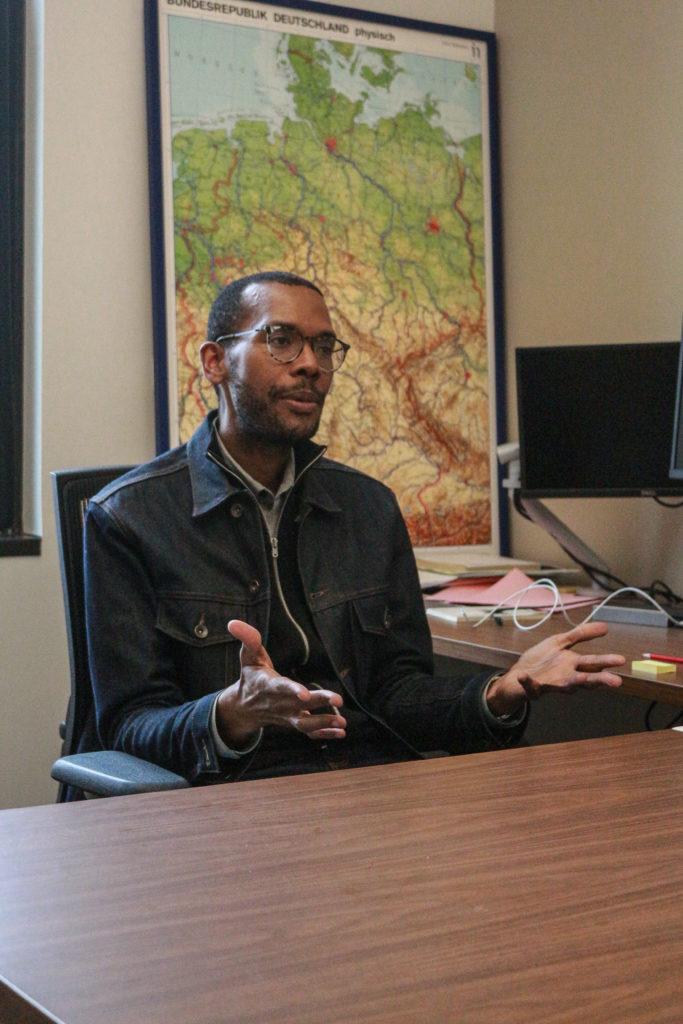
Photo by Shabana Gupta
